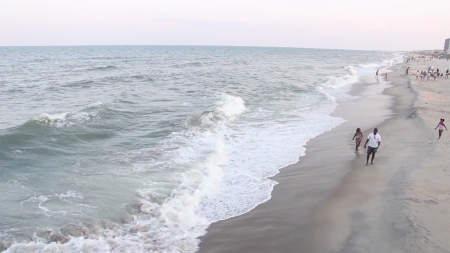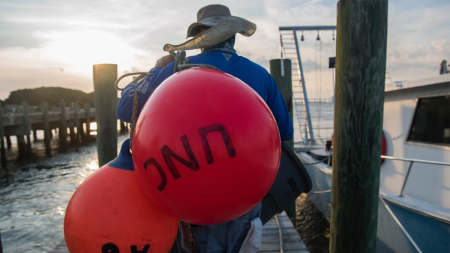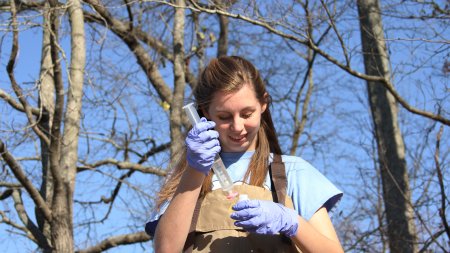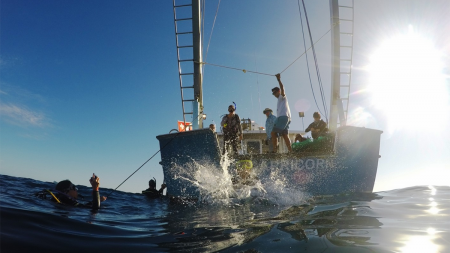Learn more about Han's labWhenever a hurricane hits, the big story is how the storm has impacted people and towns with flooding and storm surges. But the storms also leave behind a quieter and long-term danger — toxic water that can damage ecosystems.
Hans Paerl's lab is focused on understanding how hurricanes impact water quality and the dangers the storms leave for residents and the environment.
Dissecting the storm
North Carolina is one of the states most susceptible to hurricanes. With a coastline that juts out into the Atlantic, the state is like a catcher’s mitt, catching the storms as they move north.
At the University of North Carolina at Chapel Hill, researchers are helping the state prepare for the powerful storms by better understanding the challenges incurred by hurricanes — from storm surge and flooding to water quality and beach erosion.
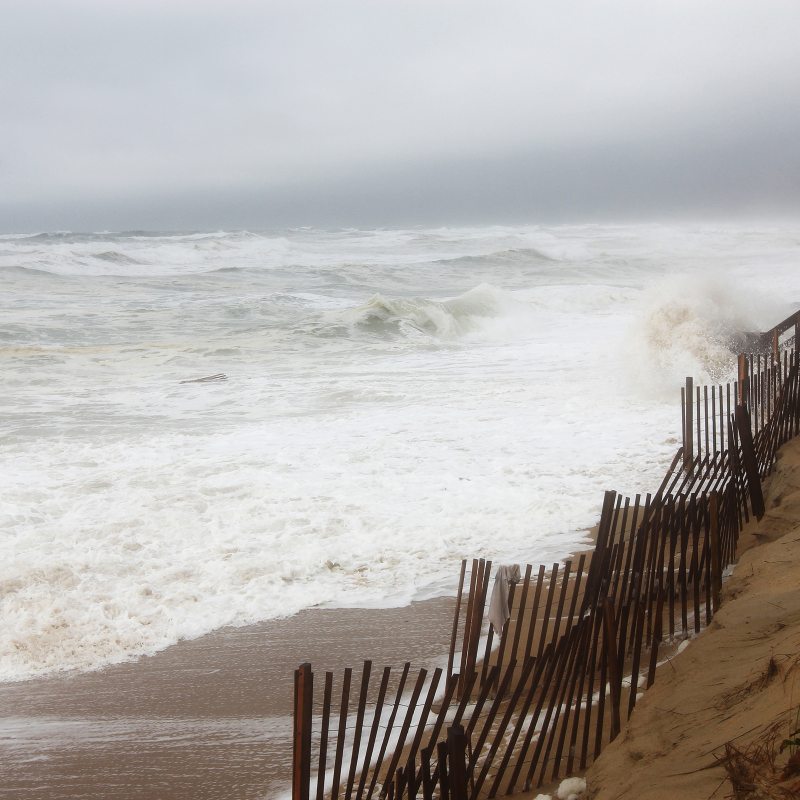
Eyeing the hurricanes
Watch the videos to see how Carolina researchers are conducting impactful research to better predict hurricane behavior and understand how the storms work.
Learn more about ADCIRCCarolina researchers are on the front lines when it comes to predicting a storm’s potential impact.
UNC Institute of Marine Science's Rick Luettich and Brian Blanton of the DHS Coastal Resilience Center and the Renaissance Computing Institute are leaders of ADCIRC, a system of computer programs used to predict storm surge and flooding.
Impacting our state
What is the Coastal Resilience Center?
As coastal communities become increasingly vulnerable to disaster, mitigation and hazards research and education become more important.
Hurricane preparation, down to a science
Researchers at the UNC Institute of Marine Sciences spend hurricane seasons studying the impacts the storms have on communities and the environment.
A RAPID Response to Hurricane Matthew
Flooding from Hurricane Matthew caused $1.5 billion in damage to 100,000 North Carolina houses, businesses, and government buildings.
Decades of discovery
For 70 years, the UNC Institute of Marine Sciences, located in Morehead City, has provided a home for Carolina scientists — from undergraduate students to tenured professors — to study the complex marine and coastal systems of North Carolina and beyond.
